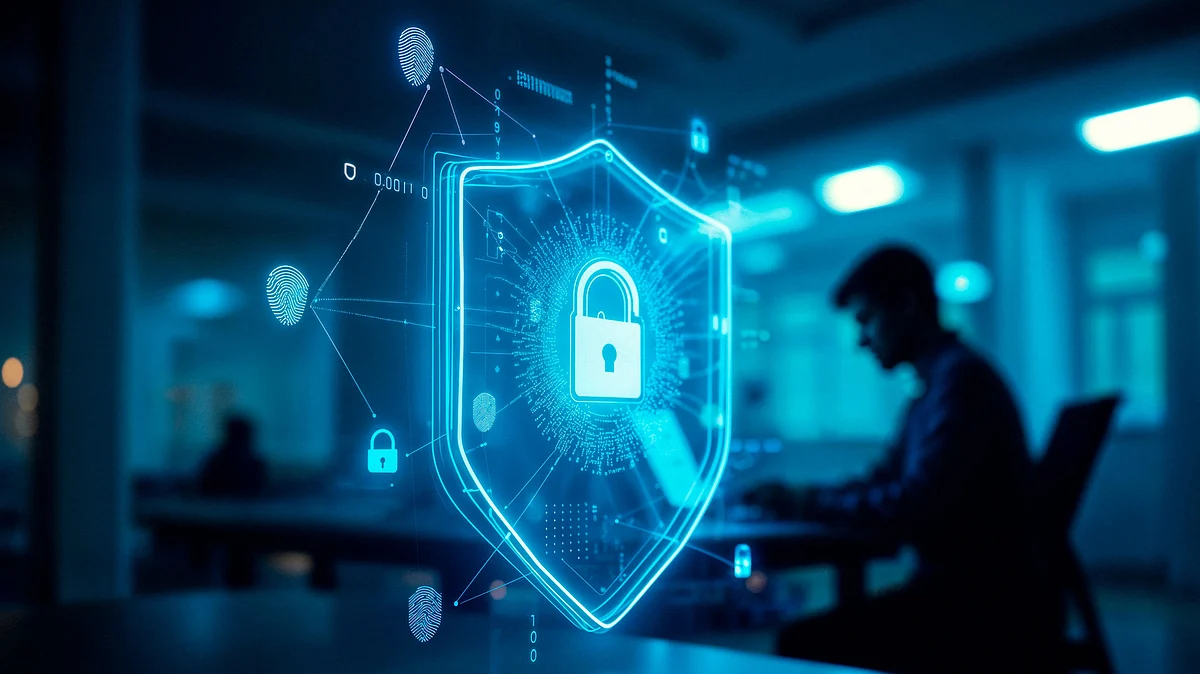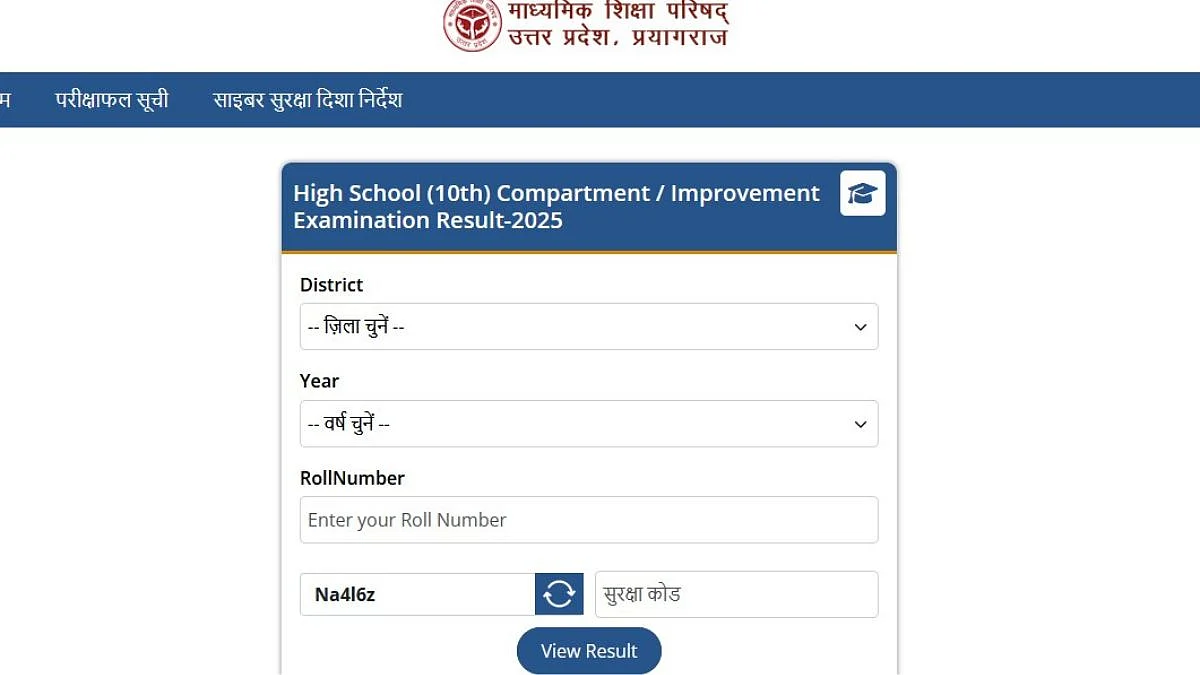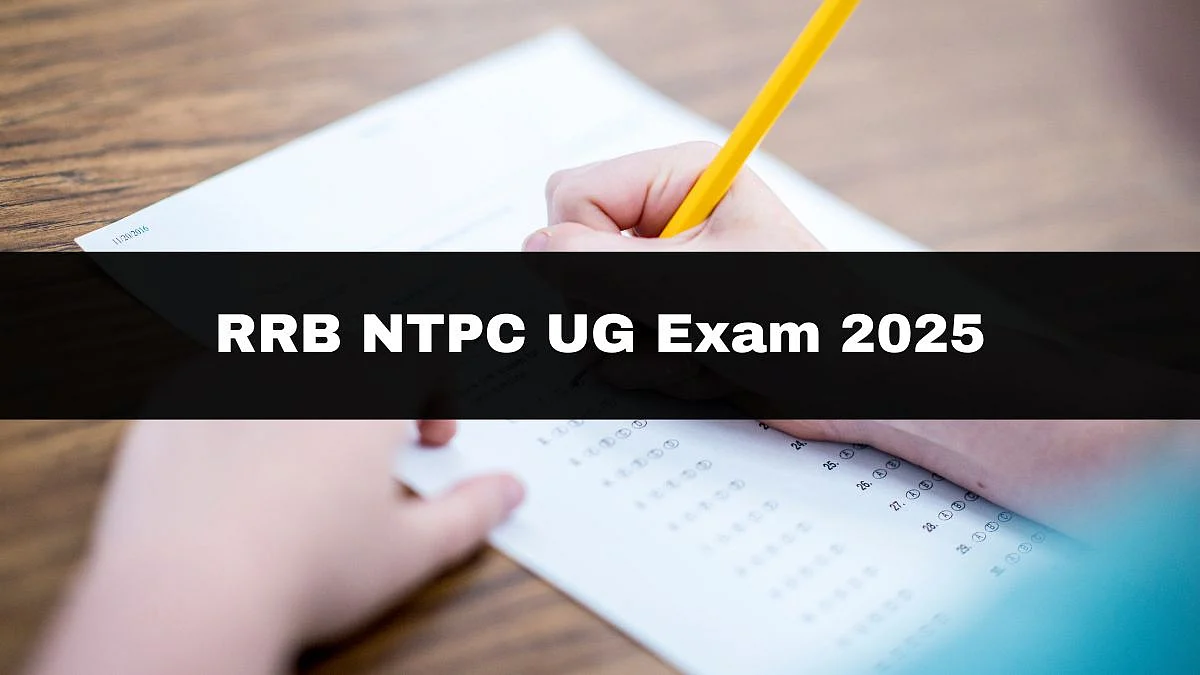In Maharashtra, financially disadvantaged students find themselves caught in a predicament between the state government and private schools due to the non-payment of Right to Education (RTE) fees. This contentious issue has significant repercussions, placing the educational future of these students at risk.
As reported by The Indian Express, private unaided schools in the state have not received RTE fees from the government for students admitted under the Right to Education Act for an extended period—spanning three to four years. The financial strain resulting from this delay has left smaller private schools struggling, with some even contemplating boycotting admissions under the RTE Act.
The dispute has taken various forms, ranging from protests and letters to legal actions, as private schools seek the dues owed to them by the state government. Approximately 50 private unaided schools, dispersed across Kolhapur, Satara, Aurangabad, and other regions, have filed multiple cases against the government, demanding payment for RTE fees pending for up to four years, stated Indian Express reports.
The Bombay High Court has intervened, instructing the government to settle the outstanding payments from 2019 to 2022 within a six-week timeframe.
The impact of this dispute extends to the students, with 82,772 admitted in the 2023-24 academic session and 4,79,659 in the preceding year (2022-2023) across private or unaided schools. The RTE Act allows students from financially challenged backgrounds to enroll in private schools, with the government covering the cost of their education and remunerating private schools accordingly.
However, persistent delays in payments have left several schools grappling with financial constraints, hindering their ability to meet teaching and infrastructural costs.
In response to these challenges, some schools resort to illegal practices, such as denying admission or imposing fees on parents, exacerbating the complexity of the situation. As the dispute continues, it underscores the need for swift resolution to ensure uninterrupted education for vulnerable students and the sustenance of private educational institutions.











